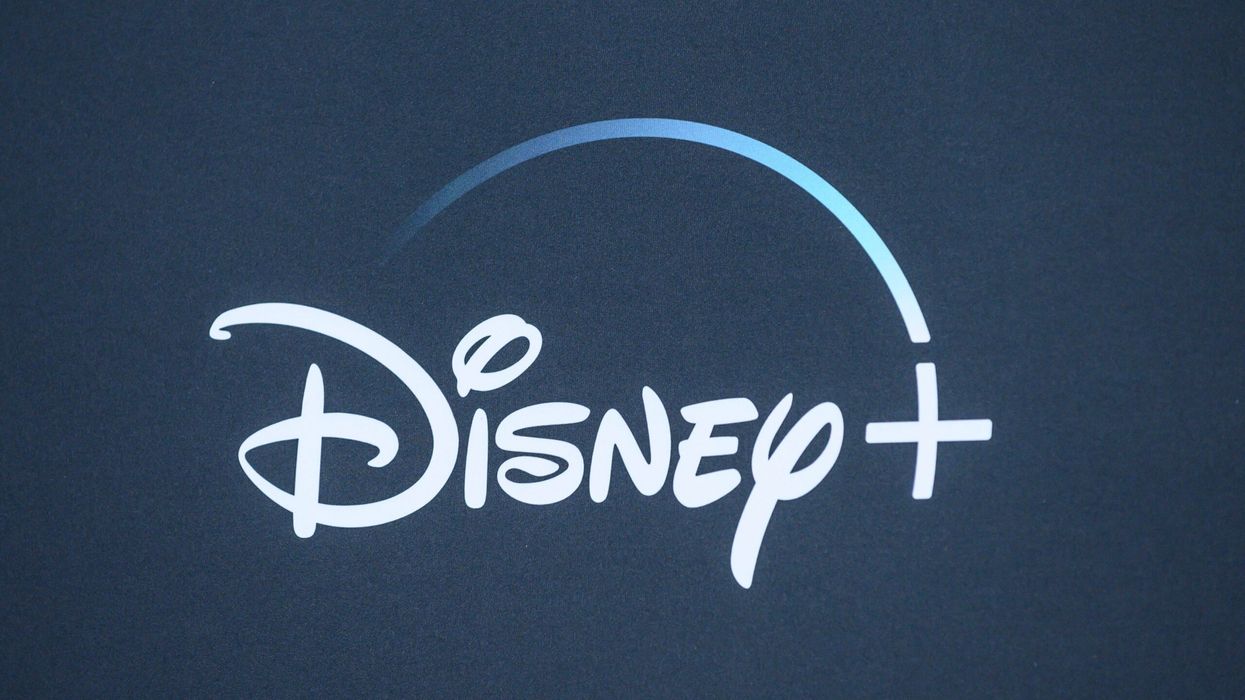THE Indian antitrust body's resistance to the proposed $8.5 billion (£6,47bn) merger of Walt Disney's Indian media assets and those of Reliance could compel the companies to divest lucrative cricket broadcasting rights or agree to caps on advertising rates.
Earlier this week, Reuters reported that the Competition Commission of India (CCI) issued a cautionary notice to the companies, highlighting concerns that the merger would create an effective monopoly over cricket broadcasting rights, worth billions, potentially allowing the merged entity to exert undue pressure on advertisers.
Both the companies and the regulator have remained silent on the matter, as the process is conducted under strict confidentiality.
The Reliance-Disney merger aims to establish India’s largest entertainment conglomerate, competing with giants such as Sony, Netflix, and Amazon, through a portfolio of 120 television channels and two streaming platforms. However, cricket – revered across the country – is the crown jewel of their assets.
According to seven antitrust lawyers, to keep the deal alive the companies will now have to come up with structural changes to their arrangement or so-called behavioural remedies, or both, which can include selling some of their broadcast rights. The term refers to changes in how a merged entity would conduct its business.
The companies can simply sell rights of certain cricket tournaments or for a particular medium, such as TV or streaming, to meet antitrust concerns, they said.
Reliance and Disney have spent roughly $9.5 billion (£7,23bn) in recent years for TV and streaming rights for the world's richest cricket tournament, the Indian Premier League, the International Cricket Council's matches such as the one-day and T20 World Cups, and matches organised by the Indian cricket board.
Another solution the companies can offer is to commit that they will cap advertisement rates for cricket matches for a few years, so they can assure the watchdog that advertisers' interests can be protected, said the lawyers.
"What they can offer is that the rates will be fair, reasonable and non-discriminatory, or that they will not increase the rate beyond a certain percentage which accounts only for inflation," said Rahul Rai, a partner at Indian law firm Axiom5.
"The worst case is if the CCI asks for sale of some of their rights."
Disney, Reliance and the CCI did not respond to Reuters requests for comment. The companies have previously told the regulator the rights will not harm advertisers and will expire by 2027-28, when rivals can bid for them again.
'If there are no cricket rights, the deal is dead'
Cricket rights are central to the Disney-Reliance merger.
Over the years, both companies offered free viewing of matches to attract users to some of their streaming platforms in the hope they will buy subscriptions to watch more content.
One lawyer said if there were no cricket rights, "the deal is dead".
Together, the merged Disney-Reliance entity will also own Indian broadcast rights for other sporting events including the Wimbledon tennis championship, MotoGP and the English Premier League.
Media agency GroupM estimates that companies spent nearly $2 billion (£1,52bn) in India in 2023 on sports industry related sponsorship, endorsement and media. Cricket accounted for 87 per cent of that spending.
Reliance has already offered selling fewer than 10 TV channels – mostly in regional languages – to win the CCI approval but resisted changes to cricket rights, which irked the regulator, Reuters has reported.
Kanika Chaudhary Nayar, an antitrust partner at law firm DSK Legal, said Disney and Reliance could also possibly meet some of the concerns by selling sports TV channels that don't show cricket, and then try to retain their overall portfolio of the cricket broadcast rights.
"They can argue they are foregoing some overall sports revenue to retain cricket rights-related revenue," she said.
If the CCI is not satisfied with companies' latest offer, it can carry out a more in-depth review of the merger which can drag the approval process for months, lawyers say.
An industry source said despite the notice Disney remains confident of winning an approval without selling the rights.
KK Sharma, a former head of mergers at the CCI, said the deal, if approved, would create "a big fish in the broadcasting market ... and a practical monopoly on cricket advertisement revenues".
"The combined strength of the new entity would give it a clear dominant position," he said. (Reuters)




